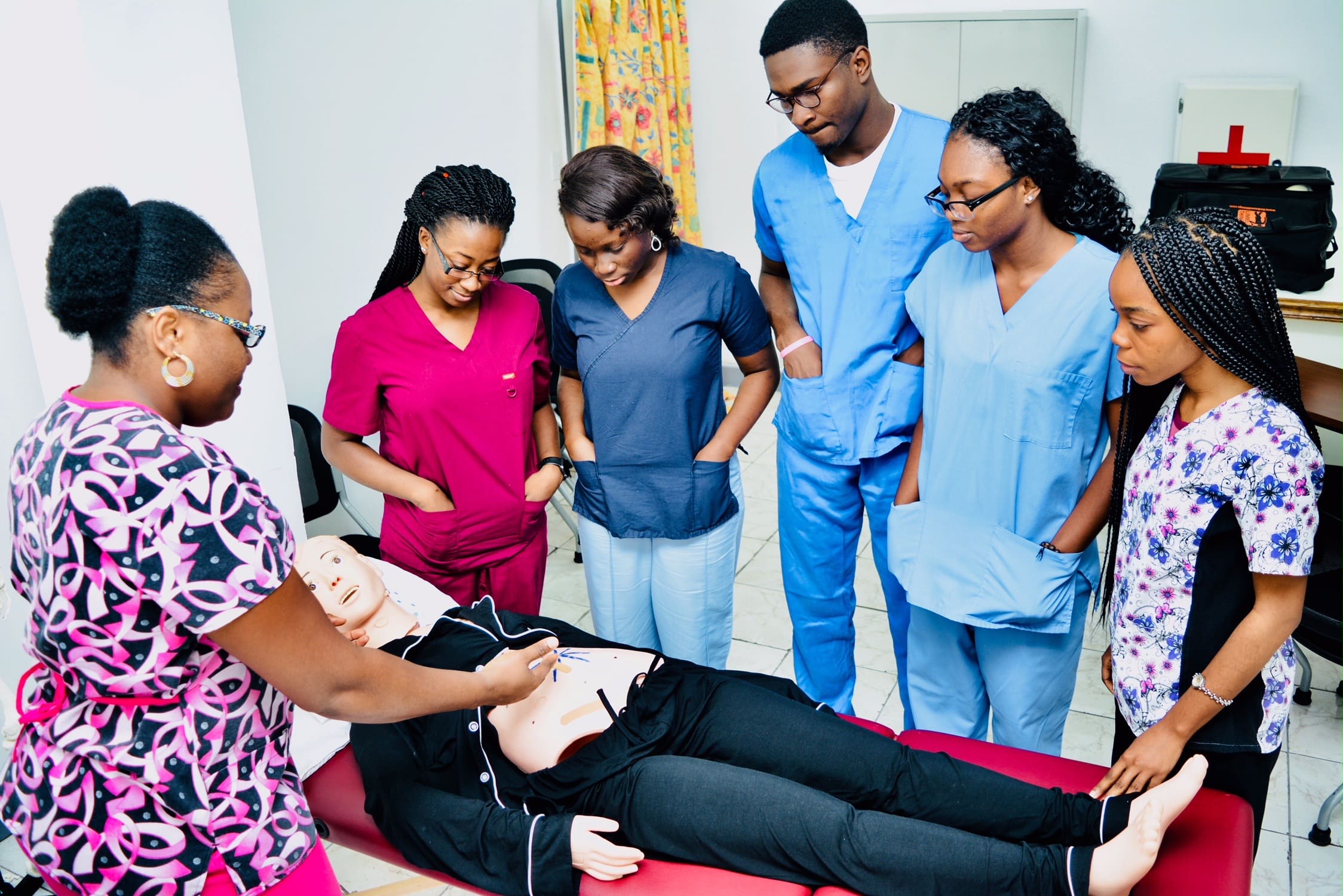
In the realm of medical education, accreditation serves as a crucial benchmark for quality and credibility. This is particularly significant for Caribbean medical schools, many of which have historically operated without formal accreditation. The landscape, however, is rapidly changing, driven by new requirements from key regulatory bodies and an increasing emphasis on standardized quality assurance in medical education.
The ECFMG Mandate: A Game-Changer for Caribbean Medical Schools
The Educational Commission for Foreign Medical Graduates (ECFMG) is a private, non-profit organization founded in 1956. It plays a crucial role in evaluating the readiness of international medical graduates to enter U.S. graduate medical education programs. ECFMG certification is a requirement for IMGs to take the United States Medical Licensing Examination (USMLE) and participate in the U.S. residency match process. ECFMG has introduced a groundbreaking policy that will significantly impact international medical graduates (IMGs) seeking residency positions in the United States. Starting in 2024, the ECFMG will include an accreditation note on applicants’ profiles when applying for residency. This new rule underscores the critical importance of accreditation for Caribbean medical schools, as it directly affects their graduates’ prospects in the highly competitive U.S. residency match process. The ECFMG’s policy states that for a medical school to achieve recognized accreditation status, the accrediting agency of the school must be reviewed and recognized by an external quality assurance organization, which in turn must be approved by ECFMG. This multi-layered approach to accreditation validation aims to ensure a consistent standard of medical education across international institutions.
CAAM-HP: Setting the Standard for Caribbean Medical Education
The Caribbean Accreditation Authority for Education in Medicine and Other Health Professions (CAAM-HP) was established in 2003 as an independent and autonomous body responsible for the accreditation of medical, dental, veterinary, and other health professions programs in the Caribbean Community (CARICOM). CAAM-HP’s mission is to ensure that the education programs of its member institutions meet internationally accepted standards of educational quality. CAAM-HP emphasizes that accreditation serves two primary purposes:
- To certify that a medical education program meets prescribed standards
- To promote institutional self-evaluation and improvement
CAAM-HP’s accreditation process provides assurance to students, graduates, health professions, healthcare institutions, and the public that undergraduate programs in medicine and other health professions meet appropriate national and international standards for educational quality. This accreditation is not a one-time event but an ongoing process that fosters continuous improvement and adaptation to evolving medical education standards.
The Imperative of Accreditation for Caribbean Medical Schools
The importance of accreditation for Caribbean medical schools cannot be overstated. It serves multiple critical functions:
- Quality Assurance: Accreditation ensures that medical programs meet established standards of educational quality and effectiveness.
- Student Outcomes: Accredited schools are more likely to produce graduates who perform well on licensing examinations and secure residency positions.
- Continuous Improvement: The accreditation process encourages schools to engage in ongoing self-evaluation and enhancement of their educational programs.
- International Recognition: Accreditation from recognized bodies enhances the global credibility of Caribbean medical schools and their graduates.
- Eligibility for Residency: With the new ECFMG policy, graduates from accredited schools will have a significant advantage in the U.S. residency application process.
It is crucial for prospective students to conduct thorough research when evaluating the accreditation status of Caribbean medical schools. Students should not rely solely on information provided on school websites, as some institutions may list random organizations under their accreditation tab without actually being accredited by a recognized accrediting body. Instead, students should verify a school’s accreditation status by checking the official CAAM-HP website, which provides a comprehensive list of programs that have been evaluated and accredited here, https://caam-hp.org/programs/ .
Metropolitan University College of Medicine (MUCM): The Most Affordable Accredited Caribbean Medical School
In a significant development for Caribbean medical education, Metropolitan University College of Medicine (MUCM) has recently received accreditation after undergoing a rigorous evaluation process. This achievement is particularly noteworthy as MUCM positions itself as the most affordable accredited Caribbean medical school, offering both 5-year and 4-year programs. MUCM’s accreditation demonstrates that quality medical education can be accessible and affordable, potentially opening doors for a more diverse pool of aspiring physicians.
Conclusion
As the medical education landscape evolves, accreditation has become an indispensable factor for Caribbean medical schools. The ECFMG’s new policy and the rigorous standards set by bodies like CAAM-HP are driving a paradigm shift in how these institutions operate and are perceived globally. Schools like MUCM that have successfully navigated the accreditation process are setting new benchmarks for quality and affordability in Caribbean medical education. For prospective medical students considering Caribbean schools, accreditation status should be a primary consideration. It not only ensures a quality education but also significantly impacts future career prospects, particularly for those aiming to practice in the United States. As the 2024 ECFMG policy implementation approaches, the pressure on unaccredited Caribbean medical schools to obtain recognized accreditation or face obsolescence will only intensify.
References:
- https://www.ecfmg.org/certification/
- https://www.ecfmg.org/certification-pathways/
- https://www.ecfmg.org/accreditation/
- https://caam-hp.org/accreditation/
- https://www.ncbi.nlm.nih.gov/pmc/articles/PMC11126904/
- https://www.ncbi.nlm.nih.gov/pmc/articles/PMC7161652/
- https://www.ncbi.nlm.nih.gov/pmc/articles/PMC8463220/
- https://antiguaobserver.com/metropolitan-university-college-of-medicine-receives-accreditation/
- https://antigua.news/2024/09/19/metropolitan-university-receives-accreditation/#google_vignette
- https://antiguanewsroom.com/metropolitan-university-college-of-medicine-antigua-receives-accreditation-from-caam-hp/#google_vignette
- https://x.com/allnewsreports/status/1836724483656212712
- https://antigua.news/2024/08/23/metropolitan-university-college-of-medicine-mucm-antigua-receives-accreditation-from-caam-hp/#google_vignette
